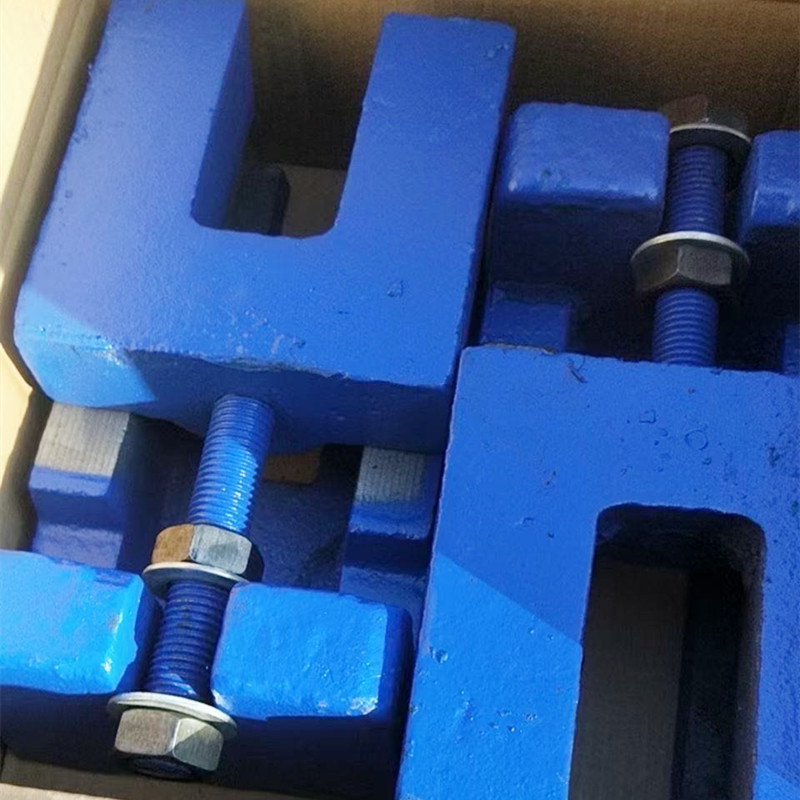אוק . 21, 2024 10:47 Back to list
Precision Measurement Instruments and Their Applications in Various Industries
Precision Measuring Tools Ensuring Accuracy in Engineering and Manufacturing
Precision measuring tools play a crucial role in engineering, manufacturing, and quality control industries. These tools are designed to provide accurate measurements, which are essential for ensuring the quality and functionality of products. In a world where precision is paramount, selecting the right tools can significantly impact the success of any project or production run.
Understanding Precision Measuring Tools
Precision measuring tools encompass a variety of instruments and devices that are used to measure dimensions, angles, and other physical attributes with high accuracy. Some of the most commonly used tools include calipers, micrometers, gauges, and laser measuring devices. Each tool serves a specific purpose and is suited for particular types of measurement, whether it’s linear, angular, or volumetric.
For instance, calipers can measure both internal and external dimensions, as well as depths, making them highly versatile in various applications. On the other hand, micrometers are typically used for measuring small distances with great accuracy, often down to the thousandth of a millimeter. These tools are vital in the production of parts where tight tolerances are essential.
The Importance of Accuracy
In manufacturing, even the slightest deviation from specified measurements can lead to significant issues, including product failure, increased production costs, and wasted materials. This is especially true in industries such as aerospace, automotive, and medical devices, where precision is not just a requirement but a matter of safety. Therefore, the calibration and maintenance of precision measuring tools are crucial to ensure ongoing accuracy. Regular checks and routine calibrations prevent inaccuracies that could compromise quality.
precision measuring tools

Advancements in Technology
With technological advancements, precision measuring tools have evolved significantly. Digital calipers and micrometers, for example, are now equipped with electronic displays that provide instant readings and reduce the chance of human error. Additionally, advanced technologies such as lasers and optical systems allow for non-contact measurements, which can be crucial for delicate materials or complex geometries.
3D laser scanning technology is another groundbreaking advancement that enables the capturing of precise 3D shapes and measurements of objects. This tool is particularly useful in reverse engineering and quality control, providing detailed metrics that traditional methods may not capture effectively.
Applications Across Industries
The applications of precision measuring tools span a wide range of industries. In construction, these tools are essential for ensuring that building components meet design specifications. In the automotive industry, precision measurements are vital for engine parts, where even a small error can lead to inefficiency or safety hazards. In the medical field, precision instruments are critical for the production of devices such as implants and surgical tools, where exact specifications can have life-or-death consequences.
Conclusion
In conclusion, precision measuring tools are indispensable in today's manufacturing and engineering landscapes. The emphasis on accuracy and precision drives innovation and the development of new tools and technologies. As industries continue to evolve and demand higher standards of quality, the importance of precision measuring tools only grows. Investing in the right tools and ensuring their proper use and maintenance is not just a matter of efficiency but a commitment to excellence in product quality and safety. As we move into the future, the role of precision measuring tools will only become more critical, shaping the way we design, manufacture, and innovate.
-
Why Metric Trapezoidal Thread is Ideal for Precision Motion ControlNewsAug.05,2025
-
The Unique Properties of a Block of Granite for Industrial UseNewsAug.05,2025
-
The Role of Flanged Y Strainers in Preventing Pipeline ClogsNewsAug.05,2025
-
The Importance of Regular Calibration for Master Ring GagesNewsAug.05,2025
-
How a Cast Iron Surface Table Enhances Accuracy in ManufacturingNewsAug.05,2025
-
Comparing Different Check Valve Types for Optimal Flow ControlNewsAug.05,2025
Related PRODUCTS









